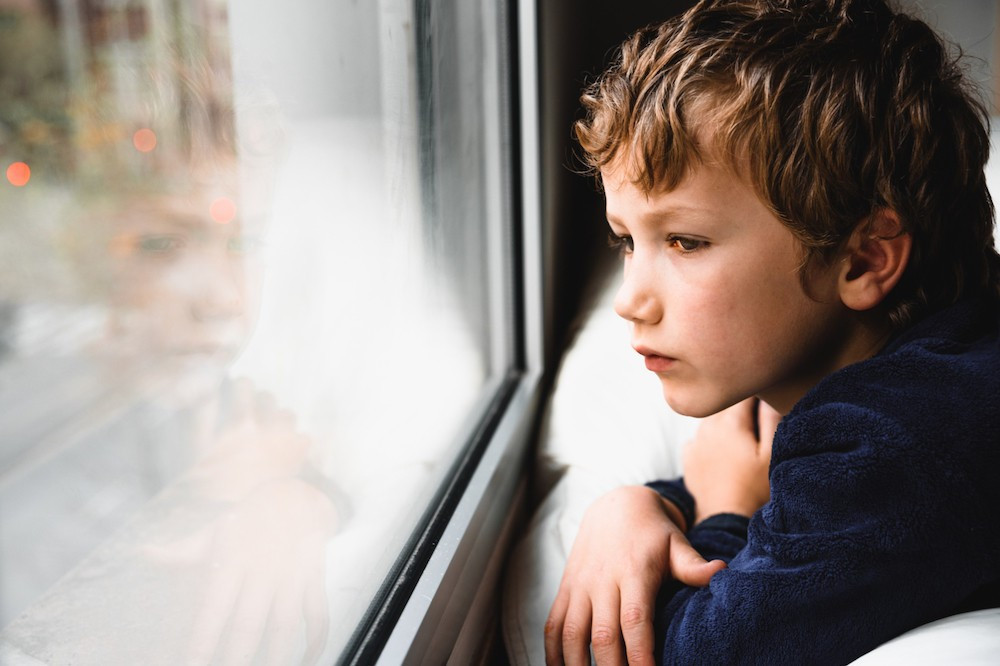Children have been psychologically impacted by confinement, whether due to more negative emotions, worries, or lower life satisfaction in general. This is the conclusion of the Covid-Kids survey, initiated by the University of Luxembourg and conducted by researchers Claudine Kirsch, Sascha Neumann and Pascale Engel, in collaboration with Unicef Luxembourg.
675 Luxembourg children, aged 6-16, were surveyed between May and July via an online questionnaire on the consequences of confinement on their subjective well-being. The conclusions are clear: if, prior to confinement, 96% of children said they were satisfied or very satisfied with their life (a classic result for children in wealthy countries in normal times, notes professor Engel), only 67% had the same feeling during confinement.
The study focused on two main aspects: the children’s general life satisfaction and their emotional well-being (feelings, worries).
Fear of getting covid
Certain categories of children are more affected than others, in a "statistically significant" way, according to Engel. Older children--those enrolled in secondary school--experience more negative emotions, worries and less satisfaction in their life than children enrolled in primary school. Likewise, children from underprivileged backgrounds say they have more worries than others. As for young girls, they experience more negative emotions than boys.
The study was carried out in partnership with three other countries: Germany, Switzerland and Brazil. And in comparison with other countries, one of the specificities of Luxembourg children is their fear of becoming ill. Statistically, almost a third more children in Luxembourg are worried about being infected with covid-19 than those in the other three countries.
The objective of this study--which received financial support from the l’Œuvre nationale de secours Grande-Duchesse Charlotte and insurance company, Foyer--is to provide support for policy makers and help them weigh the impact certain decisions, such as closing school, have on youngsters.
However, out of around 20 factors that have an impact on children’s well-being during confinement, the study identified four in particular which had a strong influence and where action can be taken.
Developing solutions
The difficulty and amount of schoolwork has a clear influence on children feeling worried. The content of the teaching, if considered interesting by the children, significantly promotes their well-being. The fear of being sick has a direct impact on the well-being of children. And, most importantly, children who feel that they are listened to by adults experience greater satisfaction in their life in general.
Such findings are enough to help “develop solutions”, according to Engel. Yet "the role of science is to help inform decision-makers," she said. "But it's also a good time to send a message to parents, because one of our recommendations is: listen to your children."
While children on the whole experience confinement poorly, not all of the study's results were negative. One of the positive things the children noted was spending more time with their family. In particular, they felt more united with their families.
A reassuring point, as the epidemic once again intensifies, is that anti-covid measures are being stepped up, and the return to homeschooling, due to infections or quarantine, are increasing.
This article was originally published in French on Paperjam.lu and has been translated and edited for Delano.
